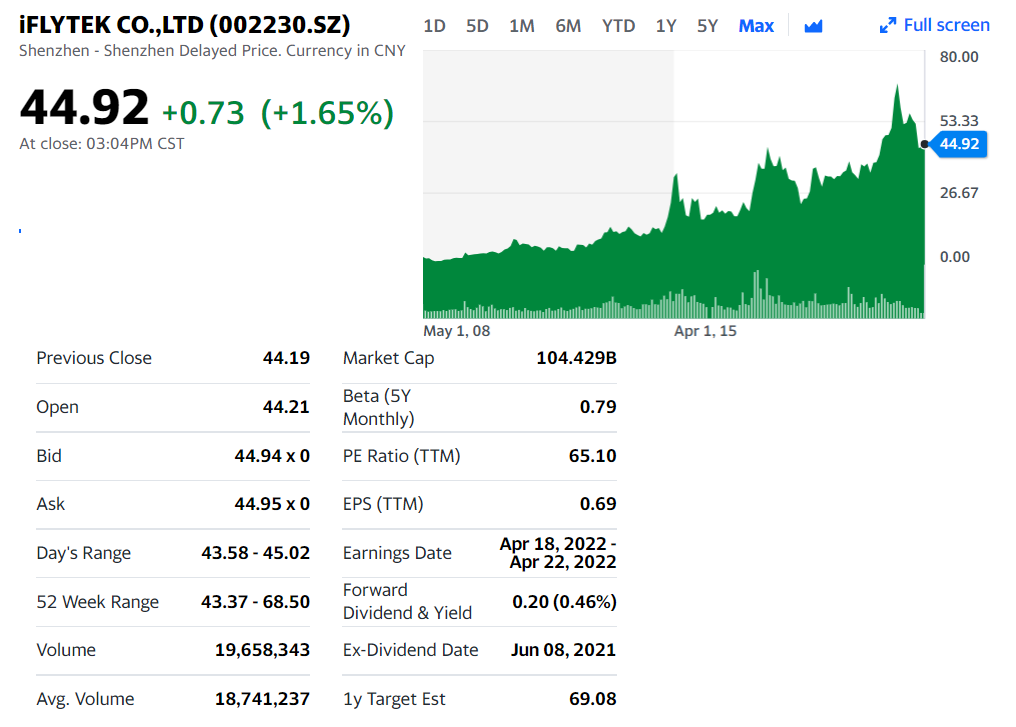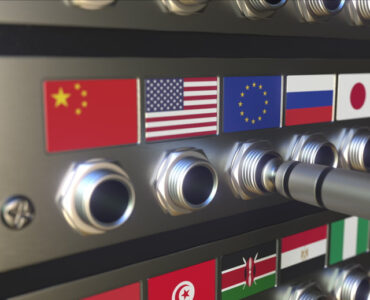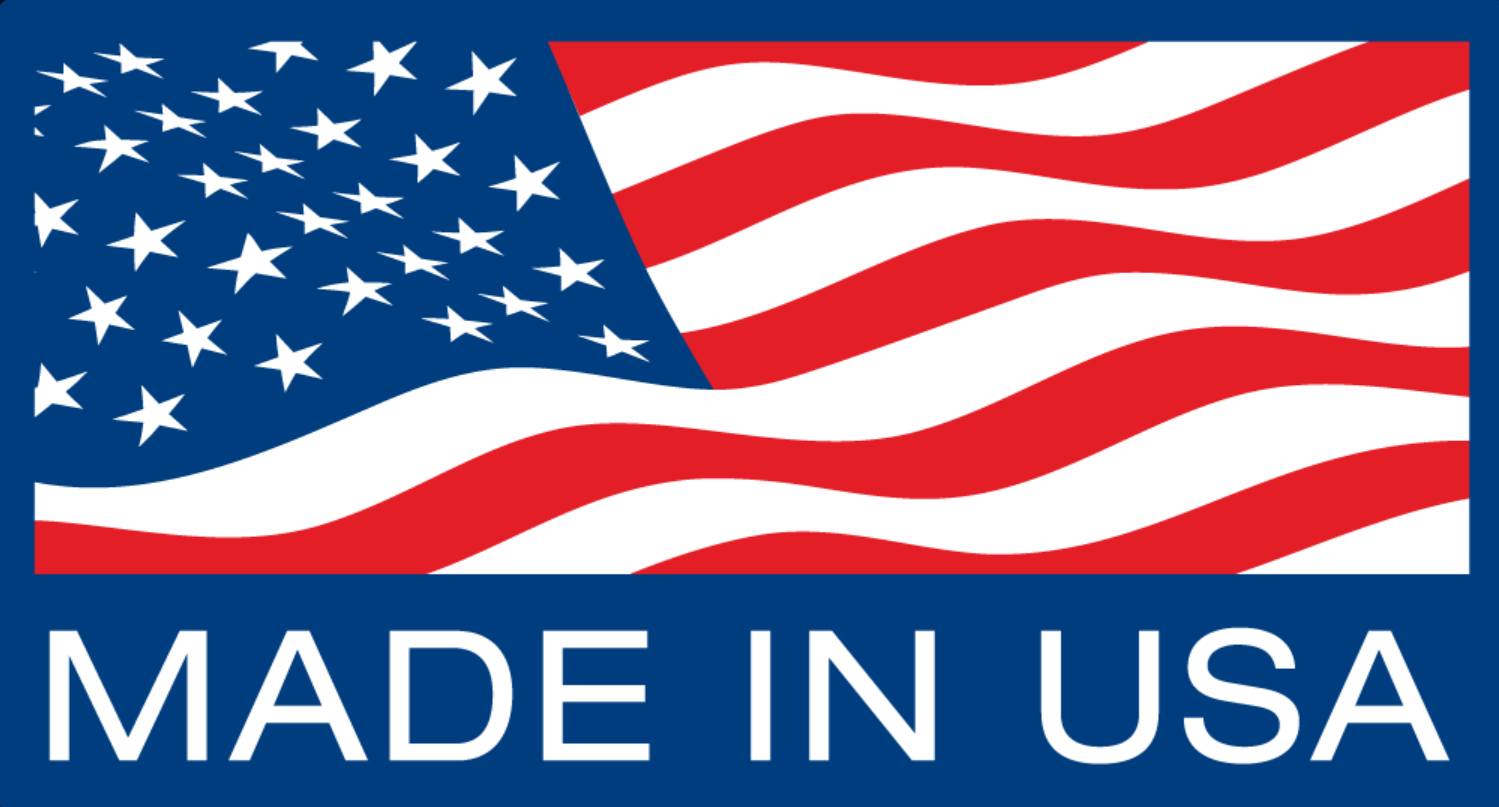The Olympic games always provide a lot of work for a select group of translation companies. This includes translation of:
- construction and engineering plans for building the sporting venues and transportation infrastructure
- safety information
- communications for the delegations which come from over 200 countries
- travel and tourism information
- logistical data
- sporting event programs
- live interpreters for the athletes and the delegations
- much more.
Who gets the work? Some of the work goes to the translation vendors that work with the various suppliers to the Olympic games. And some of it goes to the official translation service selected for the Olympic games.
For the 2022 Winter Olympics being held in Beijing China, the choice of the official translation supplier was an easy one. Who got the job? A company named iFLYTEK which is controlled and owned by the Chinese government itself. The company was awarded an exclusive deal to provide automated translation for the Beijing Winter Olympics
iFLYTEK has been in existence for over 20 years and is evidently one of the most advanced AI-powered voice recognition companies in the world. They had until recently been in collaboration with USA-based AI technology think tanks like MIT. But this collaboration was terminated over human rights concerns.
Big Brother is Listening
… the company was soon training much of its AI firepower on a different challenge: providing real-time translation to help users understand speakers of other dialects and languages. Later versions of Input allowed people to translate their face-to-face conversations and get closed captioning of phone calls in 23 Chinese dialects and four foreign languages. When combined with China’s large population, the emphasis on translation has allowed the company to collect massive amounts of data. (source: Wired magazine)
It appears that while the Chinese government-controlled iFLYTEK was developing AI technology for real-time translation, it was also listening in to people’s private chats without their consent. This was being done for so-called security concerns. Of course this raised red flags in the Western world which broke off its ties with iFLYTEK.

But this hasn’t put a dent into the exponential growth of iFLYTEK which is traded on the Chinese Shenzhen stock exchange with a market valuation of over 100 US$ Billion (ticker: 002230.SZ). This is significantly higher than the market cap of US voice recognition company Nuance (about $17 Billion). Many of the big tech companies in the US are also involved in voice recognition technology development. This includes Google, Microsoft, Amazon and Apple. Chinese search giant Baidu is also involved in this field. Is China beating out the USA in speech recognition? It appears to be an unfair competition as the US government is not dominating this industry and the US tech companies are hampered by stringent privacy laws.
What does this mean for the translation industry in China?
Certainly the demand for translation services in China is huge. But with the Chinese government involvement and the rampant disregard for personal privacy in this country, the chances for private companies to dominate the market are very limited.
Related reading:





